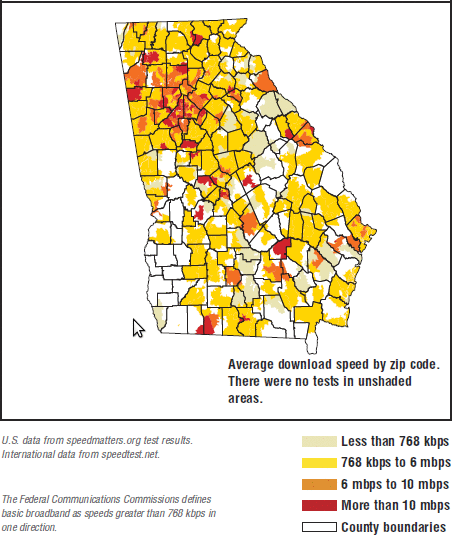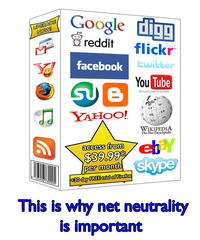MythBuster Adam Savage wrote for Popular Mechanics 20 December 2011, SOPA Could Destroy the Internet as We Know It
Right now Congress is considering two bills—the Protect IP Act, and the Stop Online Piracy Act (SOPA)—that would be laughableHe goes on to correctly compare SOPA and PIPA unfavorably to the already bad Digital Millennium Copyright Act (DMCA) of 1998. You remember, the DMCA that big copyright holders used to sue pre-teen video and audio “pirates” and to take down websites on suspicion. Savage cites a case where somebody with no copyright still got YouTube vidoes taken down under DMCA. Yes, SOPA and PIPA are even worse.if they weren’t in fact real. Honestly, if a friend wrote these into a piece of fiction about government oversight gone amok, I’d have to tell them that they were too one-dimensional, too obviously anticonstitutional.
Make no mistake: These bills aren’t simply unconstitutional, they are anticonstitutional. They would allow for the wholesale elimination of entire websites, domain names, and chunks of the DNS (the underlying structure of the whole Internet), based on nothing more than the “good faith” assertion by a single party that the website is infringing on a copyright of the complainant. The accused doesn’t even have to be aware that the complaint has been made.
I’m not kidding.
If you like YouTube, twitter, facebook, blogs, etc., it’s time to speak up. Call your Senators and House members. Send them email. Write them paper letters. Petition them. Show up at their offices. Petition the White House to veto it if Congress passes it, and any other bills like it. Right now we still have the Internet to organize these things.
-jsq






